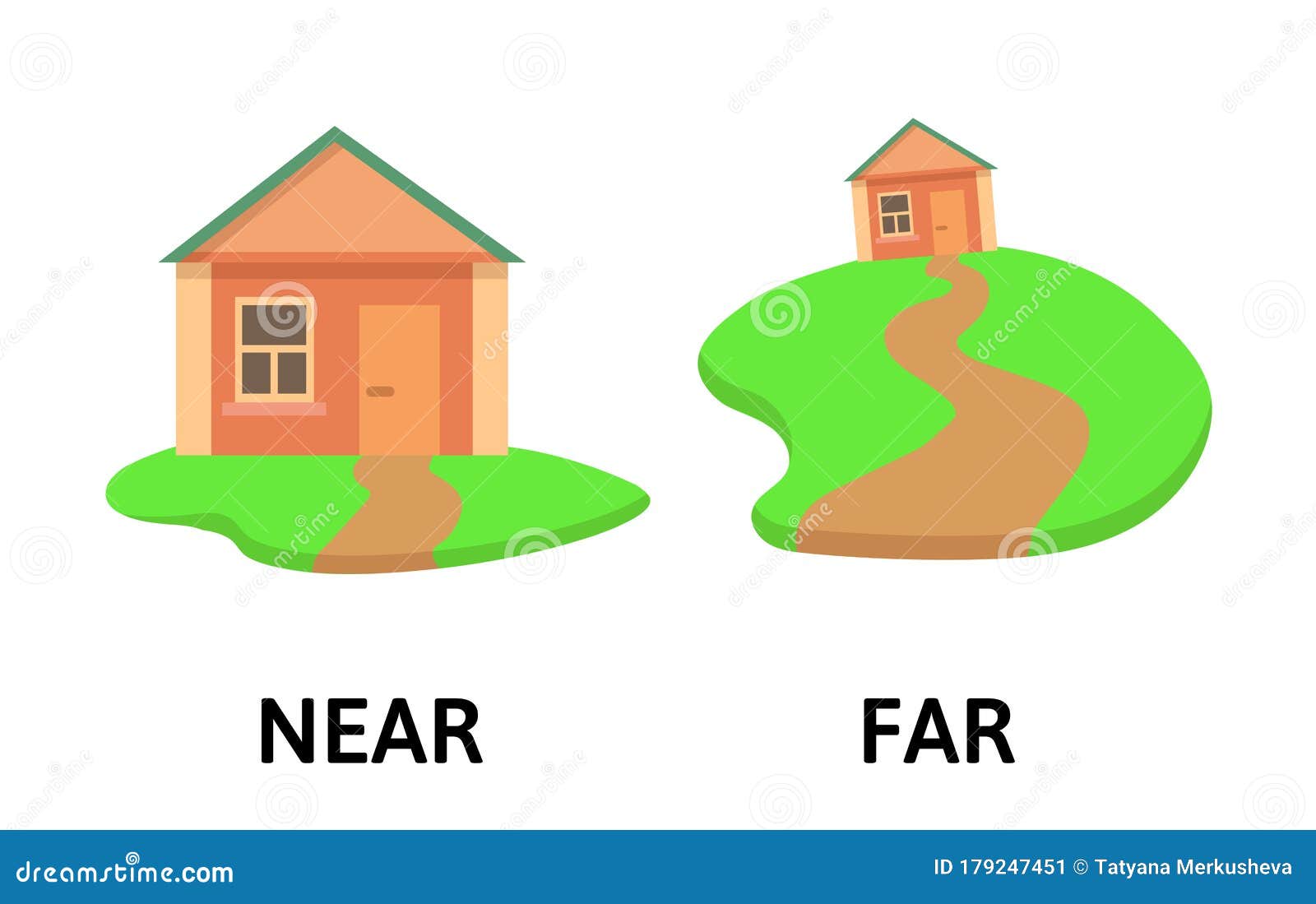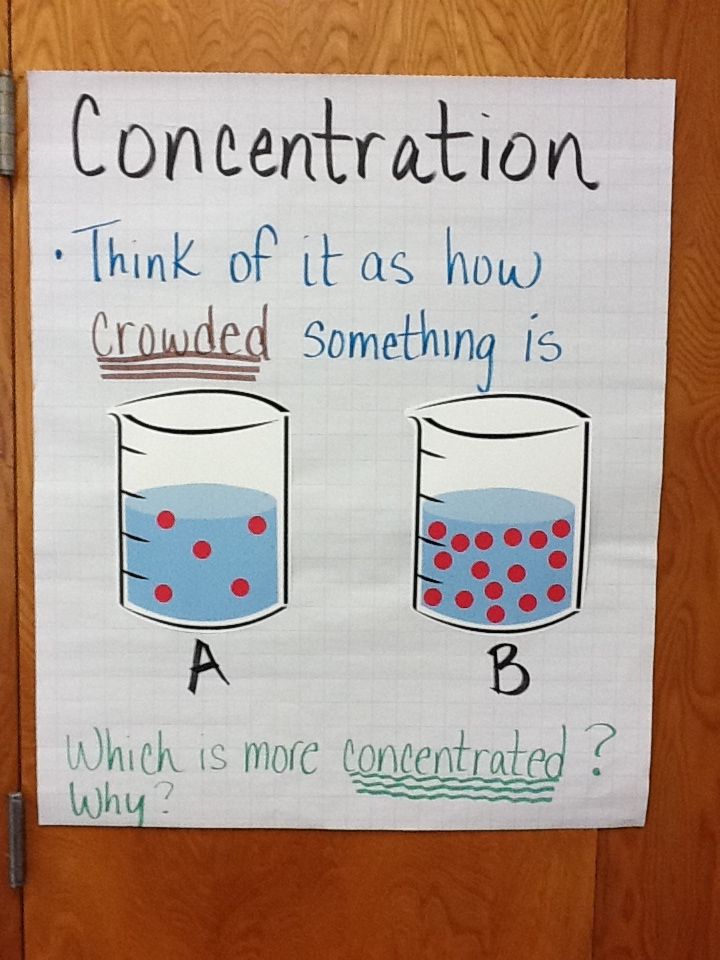Can Politics Fix Social Problems? Evidence, Limits, and Practical Pathways
Introduction: The Role of Politics in Social Problem-Solving
Politics is often seen as both the cause and the potential solution to the most pressing social problems of our time. Issues such as poverty, education gaps, healthcare access, unemployment, and public safety are deeply embedded in the political process. Yet, whether politics alone can fix these problems is a matter of ongoing debate. This article examines what politics can-and cannot-achieve in solving social challenges, explores the role of evidence-based policy, and provides practical guidance for individuals and communities seeking meaningful change.
Theories and Perspectives: Can Politics Truly Solve Social Problems?
At its core, politics is a social decision-making process that enables societies to address shared challenges, resolve conflicts, and distribute resources. In theory, by engaging diverse voices and seeking consensus, politics can lead to more sustainable and widely accepted solutions [4] . Well-designed policies can improve public health, reduce crime, expand educational opportunities, and foster economic growth. However, the process is rarely straightforward. The diversity of values, interests, and perspectives within any society means that political solutions are often contested, incremental, and subject to ongoing debate.
Some experts argue that politics is essential for addressing collective issues, as it provides a structured way to resolve conflicts and make decisions that affect everyone [4] . Others contend that politics is inherently limited-sometimes making problems worse-due to polarization, bureaucratic inefficiency, and the tendency for political solutions to become zero-sum, benefiting one group at the expense of another [2] . The challenge lies in balancing these realities and finding practical approaches that work within, alongside, or even outside of politics.
Evidence-Based Policymaking: What Works and What Doesn’t
Despite significant investments, many social policies have failed to achieve their intended outcomes. For instance, billions of dollars are spent annually on education, criminal justice, and welfare programs, yet persistent issues remain: low reading proficiency among children, high recidivism rates among former prisoners, and millions of young people neither working nor in school [1] . According to leading research, the reasons for these shortcomings are often threefold:
- Failure to develop effective solutions
- Insufficient proof that proposed solutions actually work
- Inability to scale up interventions that have demonstrated success
For example, programs proven to improve school readiness or reduce chronic illness are often not widely adopted or adapted to different communities. This highlights the importance of advancing evidence-based policymaking : using rigorous research to guide decisions, continually evaluating outcomes, and scaling what works while discarding what doesn’t [1] .
Limits and Pitfalls: When Politics Falls Short
While politics provides a framework for addressing social issues, it is not a panacea. Relying solely on government to solve every societal problem can lead to gridlock, polarization, and unintended consequences [5] . Political processes are often slow, subject to competing interests, and vulnerable to partisan deadlock. In some cases, political interventions may be zero-sum, where success for one group means loss for another, and sweeping policies can create new problems even as they attempt to solve old ones [2] .
For example, welfare programs may provide critical support to recipients but can be perceived as a burden by taxpayers, leading to political backlash and funding challenges. Education reform efforts that focus on administrative expansion rather than measurable student achievement illustrate how political priorities can sometimes misalign with real-world impact [2] .
Practical Steps: How to Make a Difference Despite Political Challenges
Given the limitations of politics, individuals and communities can take several practical steps to address social problems more effectively:
1. Focus on Shared Values
Start by identifying common goals-such as community safety, economic opportunity, or educational attainment-that transcend partisan divides. This approach fosters collaboration and builds momentum for solutions that have broad support [3] .

Source: opensource.com
2. Prioritize Local, Community-Based Solutions
Many social problems are most effectively addressed at the local level, where stakeholders are directly invested and can adapt solutions to their unique circumstances. Consider joining or supporting local organizations, school boards, or neighborhood initiatives. These groups are often less encumbered by national political divisions and can implement targeted, practical interventions [3] .
3. Embrace Evidence-Based Approaches
Seek out programs and policies that have been rigorously evaluated and shown to work. For example, organizations such as the Coalition for Evidence-Based Policy and research published by academic institutions provide insights into what interventions are most effective. Individuals and communities can use these findings to advocate for the adoption or expansion of proven programs. To locate such information, search for terms like “evidence-based social programs” or consult reputable research organizations for guidance.

Source: canariascultura.com
4. Depoliticize Problem-Solving
When addressing issues like homelessness or crime, strive to depoliticize the conversation by focusing on practical outcomes rather than ideological positions. Practicing active listening and seeking to understand diverse perspectives can help build consensus and minimize conflict. Consider convening community dialogues or workshops that bring together stakeholders from across the spectrum to identify actionable steps [3] .
5. Leverage Markets and Non-Governmental Solutions
Some experts suggest that expanding the role of markets and empowering individuals-such as through school choice programs or entrepreneurial initiatives-can be more effective than relying exclusively on political solutions [2] . For those interested in exploring these approaches, consider researching local business incubators, workforce development programs, or educational choice initiatives. You can usually find such opportunities by contacting your local chamber of commerce or searching for “community business incubator” in your area.
How to Access and Advocate for Effective Solutions
If you seek to access services or advocate for change, here are step-by-step strategies:
- Identify the Problem: Define the specific social issue you want to address-such as affordable housing, access to healthcare, or educational inequity.
- Research Proven Programs: Use search terms like “evidence-based [problem] programs” (e.g., “evidence-based youth employment programs”) to find reputable research and organizations.
- Contact Local Agencies: Reach out to city or county departments (such as health, housing, or education) to inquire about available services and support. Many agencies provide hotlines, email contacts, or in-person assistance.
- Engage Community Groups: Join local organizations, advocacy groups, or faith-based initiatives focused on your issue of interest. These groups often collaborate with policymakers and can amplify your voice.
- Advocate for Evidence-Based Policy: Attend public meetings, provide testimony, or write to your elected officials advocating for the adoption and scaling of proven programs. Clearly cite research and real-world examples to bolster your case.
- Monitor Progress: Stay involved by tracking outcomes, participating in evaluations, and holding leaders accountable for results.
If you are unsure where to begin, you can contact your local government offices or search for the “official city or county website” along with your issue of interest (e.g., “housing assistance [your city]”). For information on national programs, consider visiting federal agency websites such as the U.S. Department of Health and Human Services or the U.S. Department of Education. Always verify that you are using the official website by checking for a .gov domain and reviewing contact information.
Challenges and Alternative Approaches
Addressing social problems through politics is inherently challenging due to the complexity of issues and the diversity of stakeholder interests. Common obstacles include partisan gridlock, limited resources, and resistance to change. To overcome these barriers, consider the following alternative approaches:
- Cross-Sector Collaboration: Partner with businesses, nonprofits, and educational institutions to combine resources and expertise.
- Incremental Change: Pursue small, measurable improvements rather than sweeping reforms to build trust and demonstrate effectiveness.
- Adaptive Policymaking: Remain open to revising policies based on new evidence and changing circumstances.
- Community Empowerment: Involve those most affected by social problems in designing and implementing solutions.
Remember, meaningful change often requires patience, persistence, and a willingness to adapt strategies as new information emerges.
Key Takeaways
Politics can play a significant role in addressing social problems but is not the sole or always the most effective solution. By focusing on evidence-based policies, depoliticizing problem-solving approaches, and leveraging local and market-based initiatives, individuals and communities can make substantial progress-even in the face of political challenges. For those seeking to access services or drive change, begin with research, local engagement, and advocacy for what works. Stay informed, remain adaptable, and build coalitions across divides to maximize your impact.
References
- [1] Issues in Science and Technology (2023). Advancing Evidence-Based Policymaking to Solve Social Problems.
- [2] John Locke Foundation (2024). Markets, Not Politics, Are the Real Problem-Solver.
- [3] Bryan Lindsley (2024). How to Solve Problems Despite Toxic Politics.
- [4] Mediators Beyond Borders (2024). Social & Political Conflict: Understanding the Sources.
- [5] Cato Institute (2018). Government Cannot Solve Every Societal Problem.



